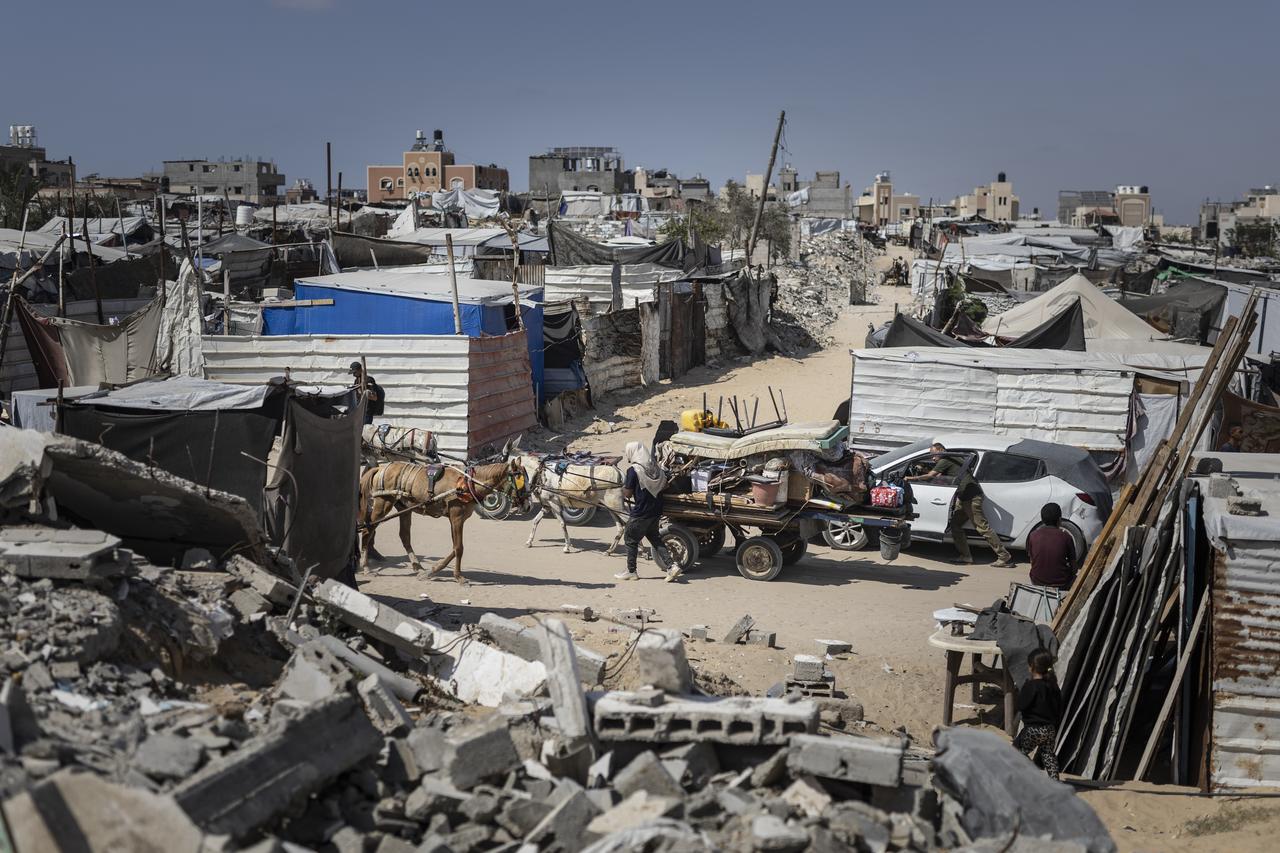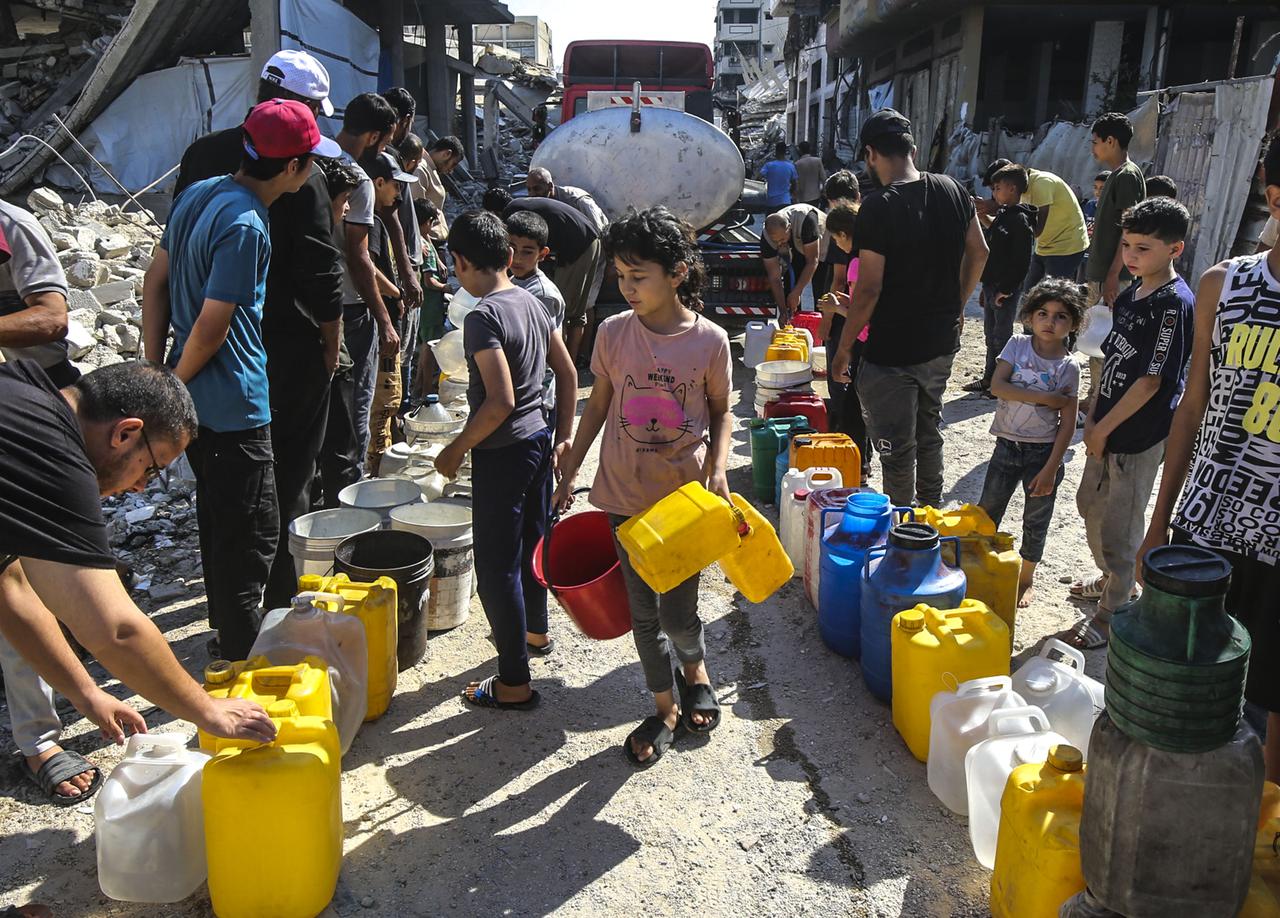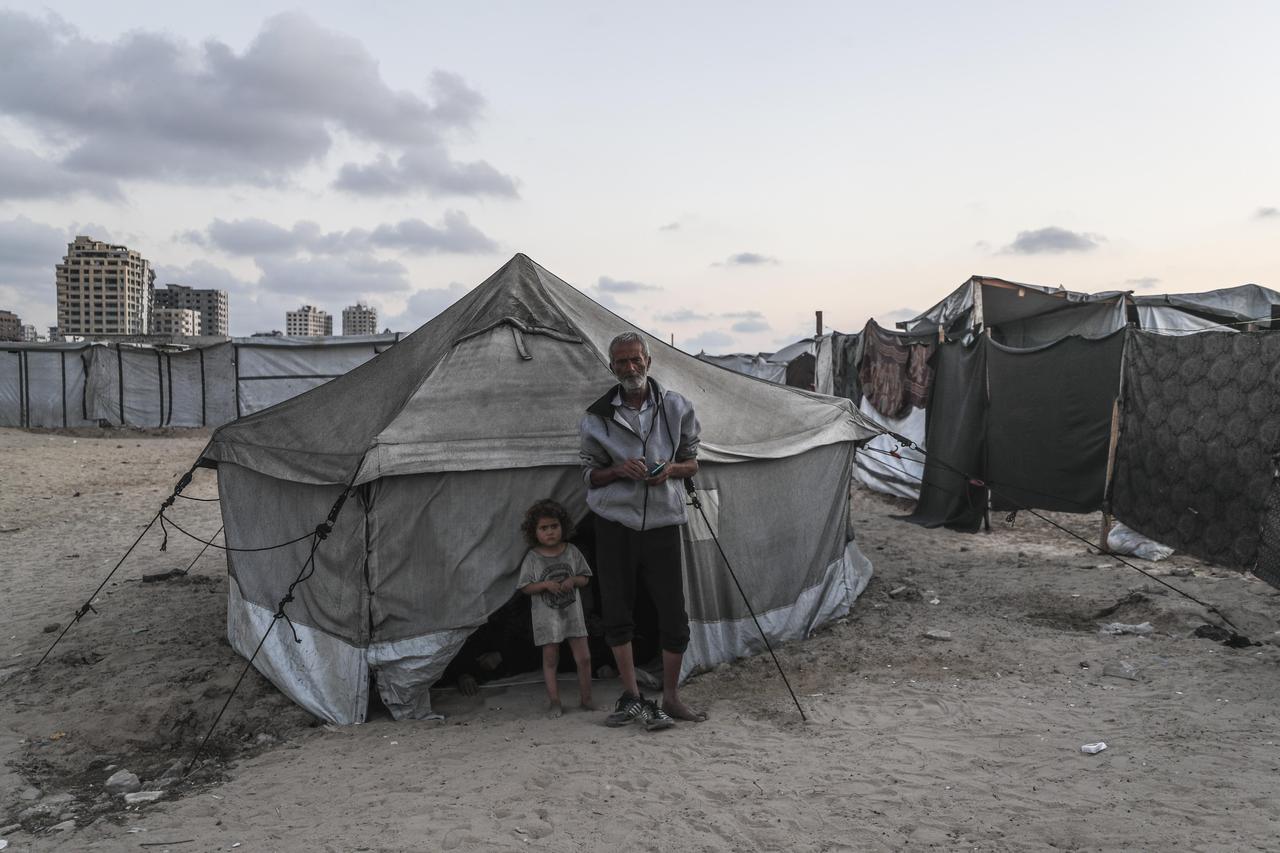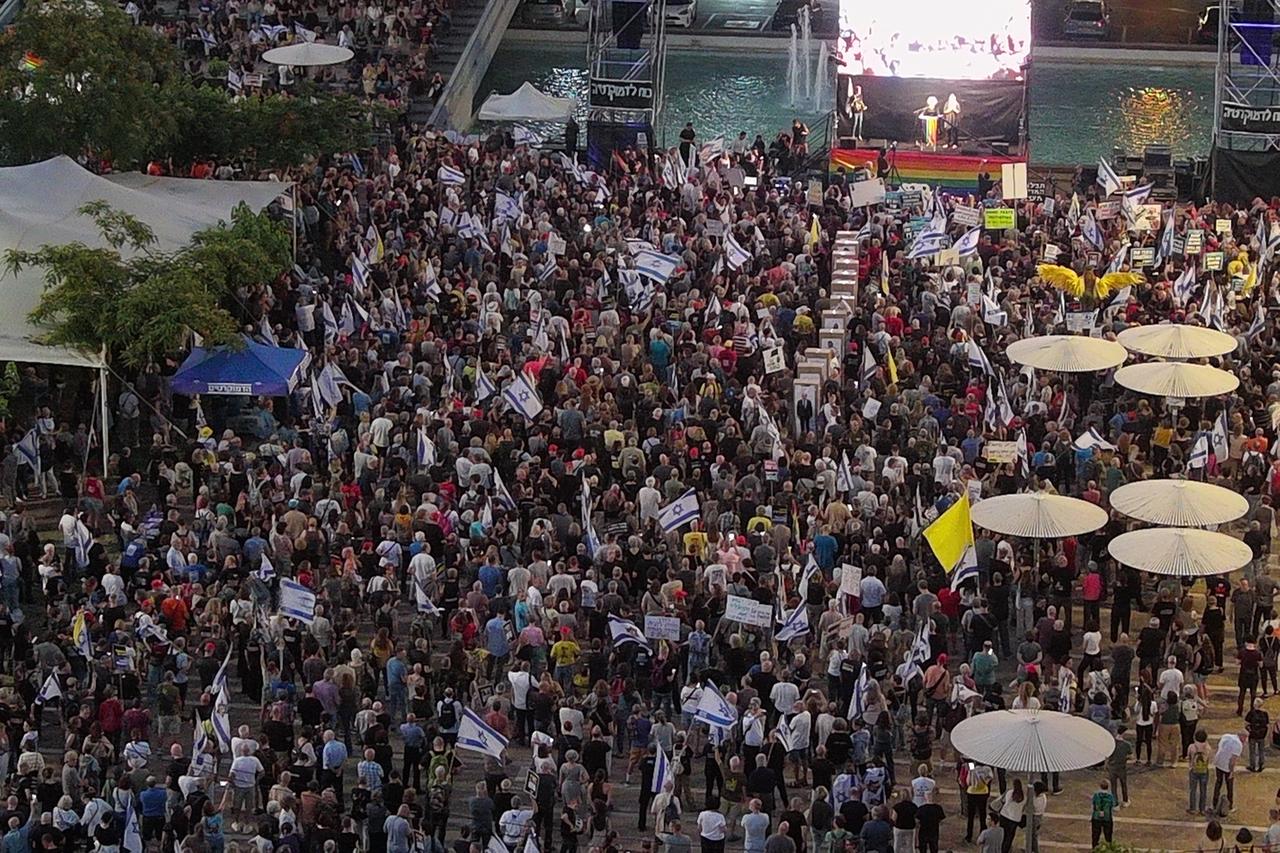
Hamas’s lead negotiator Khalil al-Hayya announced Thursday that the group is ready to resume serious negotiations aimed at achieving a permanent ceasefire with Israel in the Gaza Strip.
In a televised statement marking the start of the Eid al-Adha holiday, Hayya said Hamas remains in contact with mediators involved in the talks, including Qatar, Egypt and the United States, and is prepared for a new round of discussions. He emphasized that Hamas had not rejected the latest truce proposal presented by U.S. Special Envoy Steve Witkoff, but requested key amendments to ensure that hostilities would not resume after any agreement.
Hayya stated that Hamas’s position is rooted in securing a commitment from Israel not to restart the conflict following any release of hostages, and to allow unimpeded humanitarian aid into the territory. He added that changes to the proposal were necessary to prevent what he described as Israel’s return to “bloodshed, forced displacement and attacks on Palestinians.”

The negotiations had previously shown signs of progress in late May, when U.S. President Donald Trump said a truce deal in exchange for hostages was “very close.” However, the process stalled as both sides accused each other of obstructing the proposal put forward by Witkoff. The envoy himself criticized Hamas's response as “totally unacceptable,” but Hayya countered that the group merely sought assurances, not a rejection.
Hayya blamed Israeli Prime Minister Benjamin Netanyahu’s government for the deadlock, arguing that political and ideological motives were preventing the conflict from ending. He also noted that Hamas has responded positively and flexibly to all previous ceasefire proposals submitted since the breakdown of previous truces.
The Hamas official criticized the Israeli government for attacks on humanitarian aid centers in Gaza, particularly in the southern city of Rafah. He claimed that such assaults could not have occurred without political and military support from the United States, referencing Washington’s recent veto of a UN resolution that called for a ceasefire.
Hayya concluded that Hamas continues to engage with all parties to reach a comprehensive agreement that includes Israel’s full withdrawal from Gaza, the lifting of the blockade, and the immediate entry of humanitarian assistance.

Meanwhile, hundreds of Israelis gathered in Rabin Square in central Tel Aviv to demand an immediate end to the war in Gaza and the release of hostages. According to Israeli estimates, 56 captives remain in Gaza, with at least 20 believed to be alive. Hamas had offered to release all captives under a comprehensive ceasefire agreement, but Israel rejected the deal.

Israel has continued its military operations in Gaza since October 2023, despite mounting international pressure to stop. Local health authorities say nearly 54,600 Palestinians, mostly women and children, have been killed. Aid agencies are now warning of a looming famine affecting more than two million people in the besieged enclave.